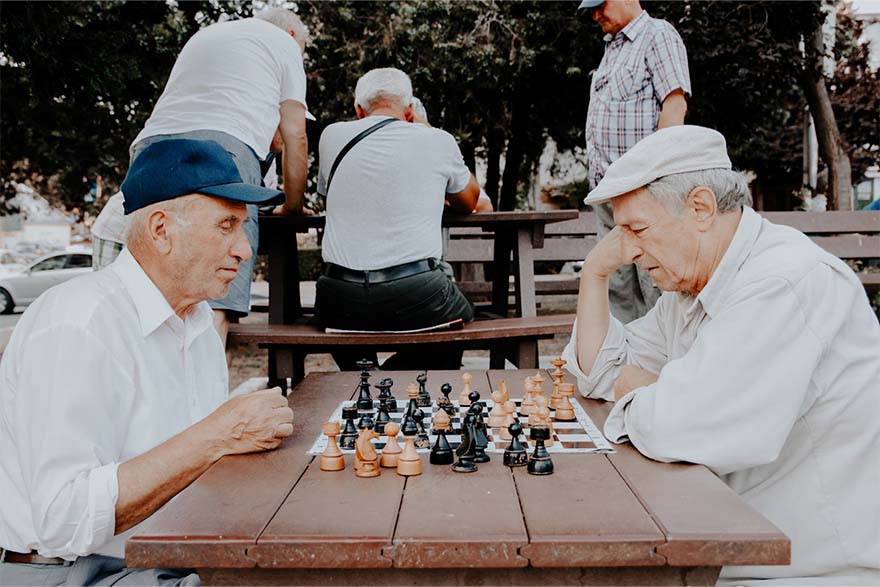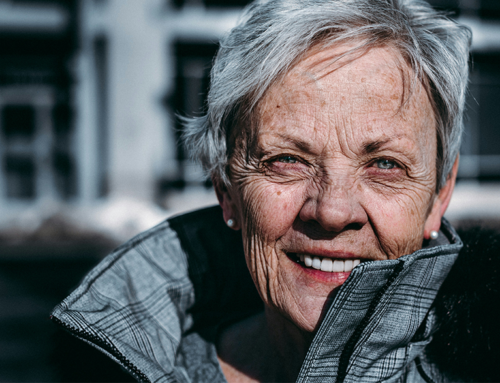
Dr Ellen Langer is a pioneer, a maverick, a leader, and an all-around fabulous human being. Described as the “mother of mindfulness,” she has written extensively on several aspects of positive psychology.
As Professor of Psychology at Harvard, she has inspired many to follow in her research footsteps. She is the founder of The Langer Mindfulness Institute and consults with organisations to foster mindful leadership, innovation, strategy, and work/life integration.
Over at our online learning community, Learn with Sue, we enjoyed an insightful chat with Ellen, covering various research areas. Ellen also shared with us her fascinating findings on wellbeing and choice, particularly relating to ageing.
Studies dating back to the 70’s show that being able to exercise choice in a chance situation, even where the choice was objectively inconsequential, had psychological effects of increased confidence and risk-taking.
Choosing the time we wake up, the food we enjoy, the music we listen to, and the career path we pursue are all examples of choice. The key player here is autonomy, which links to greater psychological wellbeing across cultures.
As we age, often our choices and autonomy are significantly reduced. Some studies have suggested that more successful ageing—measured by decreased mortality, morbidity, and psychological disability—occurs when an individual feels a sense of usefulness and purpose.
Ellen’s research, ‘The effects of choice and enhanced personal responsibility for the aged: A field experiment in an institutional setting’ (Langer and Rodin, 1976) looks specifically at the effects of enhanced personal responsibility and choice on a group of nursing home residents. It was expected that the debilitating condition of many of the aged residing in institutional settings is, at least in part, a result of living in a virtually decision-free environment and consequently is potentially reversible.
During the study, the first group were told that the staff would continue to assist them and plan their daily activities (lack of autonomy). They were given a plant each yet informed the staff would take care of it. The second group were advised they would have more choice and independence in their daily lives; they were also given a plant to care for themselves (increased autonomy). In the first group, 71% were rated as becoming more debilitated. In contrast with the second group, 93% showed overall improvement. The study concluded that when residents were encouraged to make decisions for themselves and given the responsibility to care for something outside of themselves, their general wellbeing increased.
The positive power of choice is not a phenomenon belonging to an aged population; it affects us all. Autonomy is defined as “independence or freedom, as of the will or one’s actions.” Positive psychology is strongly associated with self-determination theory, first formulated in the 1970s by researchers Edward L. Deci and Richard M. Ryan.
Self-determination theory also investigates the role of motivation in human experience and happiness, in which autonomy plays a prominent role.
Self-determination theory (SDT) identifies three basic psychological needs that, if satisfied, allow optimal function and growth:

SDT posits that these needs are innate and universal; they are present in humanity across time, gender, and culture. To actualise their inherent potential, they need nurturing from the social environment.

Counter Clockwise
In Ellen Langers 1981 study, later named ‘Counter Clockwise’, she designed a radical experiment surrounding eight men in their 70’s. In many ways, this study also relates to our basic psychological needs as humans – competence, relatedness, and autonomy.
For five days, the men participated by immersing themselves in a stay at a monastery that had been converted to resemble life from the year 1959 – a time when the men were younger and healthier. Before beginning their stay, the men were assessed on some testable biomarkers of age – cognition, flexibility, hearing and vision, memory, and strength. As the participants stepped through the doors of their temporary test environment, it was like stepping back in time. The radio, the black and white television, the furniture, clothing – were all replicated to that of the bygone era. Notably, the men were encouraged “to be” the people they were 22 years prior and converse as if it was truly 1959 again. She wanted them to discuss their environment in the present tense rather than simply reminisce. They were also treated as if they were younger and were without mirrors, only portraits of their younger selves from the time they arrived.
When the men came out of this five-day psychological intervention, how did they feel? When tested again, they were more flexible, showed greater ability with manual tasks and had improved posture — just as Langer had guessed. Amazingly their sight also improved. The power of the mind over the physical body was highlighted.
Wherever you put the mind, the body will follow
Ellen Langer
Ellen’s body of work on the illusion of control, mindful ageing, stress, decision-making, and health has resulted in ground-breaking positive psychology concepts. We thoroughly enjoyed the opportunity to catch up with her in real-time; thank you Ellen!
Want to Learn More?
If you would like to dive deeper into the power of autonomy, both Ellen Langer’s work, and self-determination theory, are explored in depth in our Langley Group Institute Diploma of Positive Psychology and Wellbeing.
Learn with Sue is an online membership like no other. Interact with the brightest minds in positive psychology who have dedicated years to identify the secrets of “what makes a good life” both personally and professionally. Access a library of resources, tools, and tips to help you implement the science to boost your wellbeing. For more information about a Learn with Sue membership visit Learn with Sue






